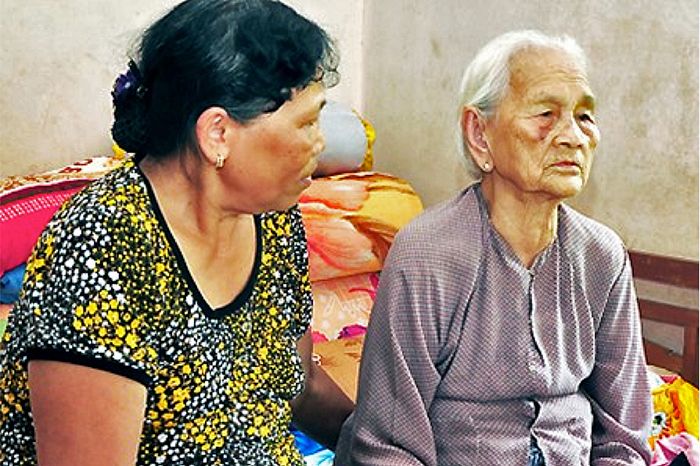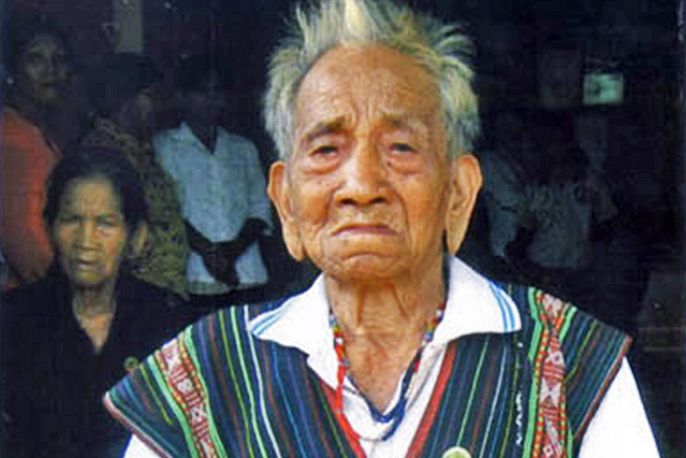When Coca Cola announced a $300 million expansion plan for Vietnam last October, the company faced greater scrutiny of its local operations. Investigators found that by reporting losses since 2010, and questionable loan practices, Coke has avoided paying corporate income tax. The structure of the company’s loans and accusations that the company is taking advantage of transfer pricing has sparked outrage among Vietnamese with many calling for a boycott of the world’s most popular soda.
News of Coca-Cola’s shady tax behavior quickly made its way to Vietnamese social networks. One video, produced by the IMAS student community, told the story of a young girl dying of leukemia who could not afford treatment because companies like Coca Cola continue to evade taxes. With tens of thousands of hits, this issue has profoundly affected Vietnamese opinion of the brand. According to Tara Hirebet, head of trendwatching’s Asia Pacific office, Coke’s perceived lack of transparency is hurting the brand:
“They don’t see you as a human and likeable brand anymore, so you need to work to regain that image and give them a better truth than what’s out there. Brands need to realize that today, consumers are looking for and embracing brands and products that are transparent and genuinely generous.”
The losses Coke is reporting stem from the fact that last year, the company reported losses of $180 million, outpacing its $141 million equity. But, despite this, Coke announced ambitious expansion plans to a tune of $300 million over the next 3 years. At the time of the announcement, Muhtar Kent, chairman and CEO of Coca Cola, said:
“Vietnam’s economy has maintained healthy growth in recent years, and this new financial commitment is more than an investment in Coca-Cola’s expansion in Vietnam, it is also an important acknowledgment of our belief in the long-term potential of this key market.”
If massive losses and large expansion in the same market seem to be at-odds, that’s because they are. The vast majority of Coca-Cola Vietnam’s loans come from their parent company. According to Ly Duy Minh, head of the tax inspection agency of HCMC, Coca-Cola has been using these loans to avoid taxes and basically launder money via transfer pricing:
“The debt status of Coca-Cola Vietnam is in fact not a debt, as the money is provided by its parent company, which is in fact part of the profits the Vietnam firm annually sends back to the parent under the disguise of raw material payment.”
Coca-Cola is officially denying all these charges, saying that their audit reports will back up their losses and that despite low revenue, expansion plans are based on the Vietnam’s future potential. Even if Coke is in the right, Hirebet says the company needs to restore its feel-good brand image:
“When being accused of tax evasion and taking money away from Vietnamese children or killing them, Coca-Cola could find a way to give back to society or even directly to Vietnamese children though their products and sales.”
Given the massive tax breaks and loopholes international companies enjoy in Vietnam, it wouldn't be a suprise if Coke has taken advantage of the country’s laissez faire taxation policies.
In the past, Coca-Cola has been implicated in degrading local water supplies in India, human rights abuses and murders of union workers in its Colombian bottling plants and bribing American physicians to praise the drink’s health benefits.














